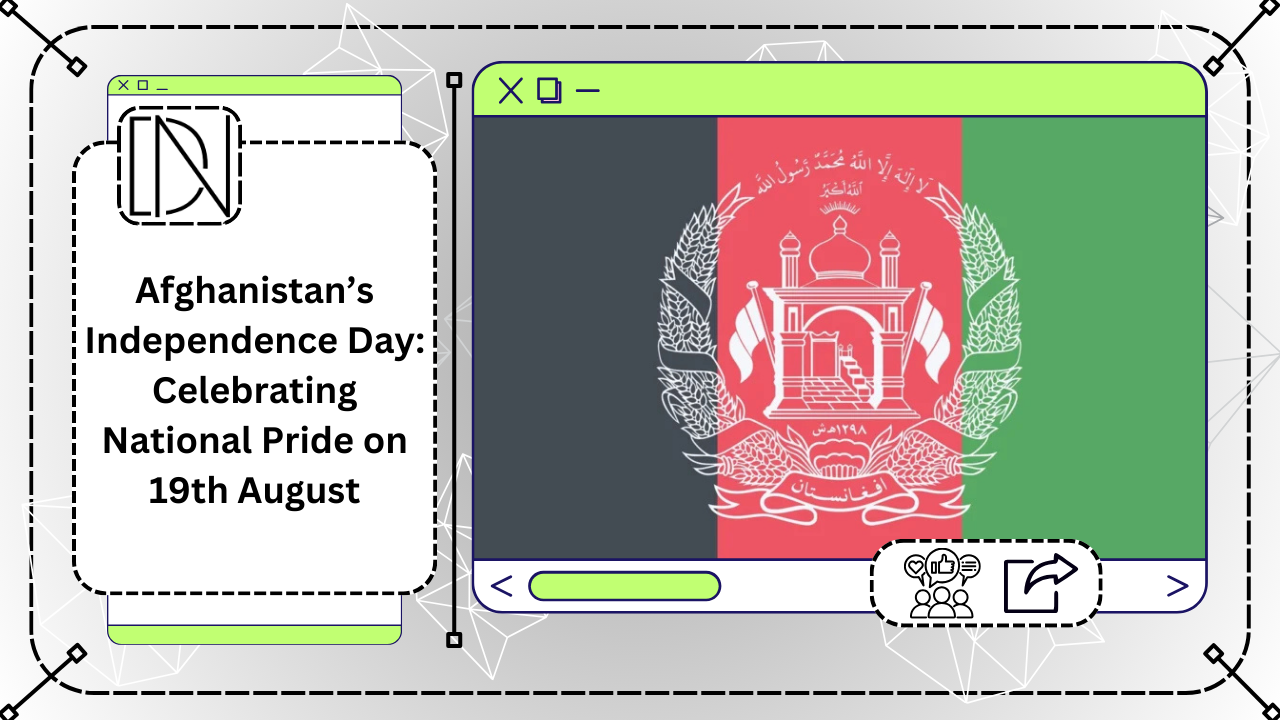Introduction to Afghanistan’s Independence Day
Afghanistan’s Independence Day is a significant national celebration held annually on the 19th of August. This day commemorates the end of British political influence in 1919 and marks the country’s sovereignty. It is a public holiday in Afghanistan, allowing citizens to honor their nation’s history and cultural heritage.
Historical Significance
The independence movement in Afghanistan was a crucial period in its history. The Treaty of Rawalpindi, signed on August 19, 1919, formalized Afghanistan’s complete independence from British intervention. This momentous event is remembered each year, underscoring the resilience and determination of the Afghan people in securing their nation’s freedom.
Celebratory Activities
On Independence Day, various festivities take place across Afghanistan. Public events, including parades, cultural performances, and fireworks, foster a sense of national pride. Government buildings and public spaces are adorned with the national flag, and patriotic songs resonate throughout the celebrations.
Reflection and Unity
Beyond the celebratory aspects, Afghanistan’s Independence Day is also a time for reflection and unity. It serves as a reminder of the struggles and triumphs that have shaped the nation. Citizens come together to acknowledge their shared heritage and work towards a prosperous future.
Conclusion
Afghanistan’s Independence Day, celebrated on August 19, marks the end of British political influence in 1919. This significant national holiday commemorates Afghanistan’s sovereignty and its journey towards self-determination. The day features parades, cultural performances, and fireworks that foster national pride. It also serves as a time for reflection and unity, honoring the resilience and determination of the Afghan people. Discover the historical significance and celebratory activities that make Afghanistan’s Independence Day an enduring symbol of the nation’s spirit and cultural heritage.












